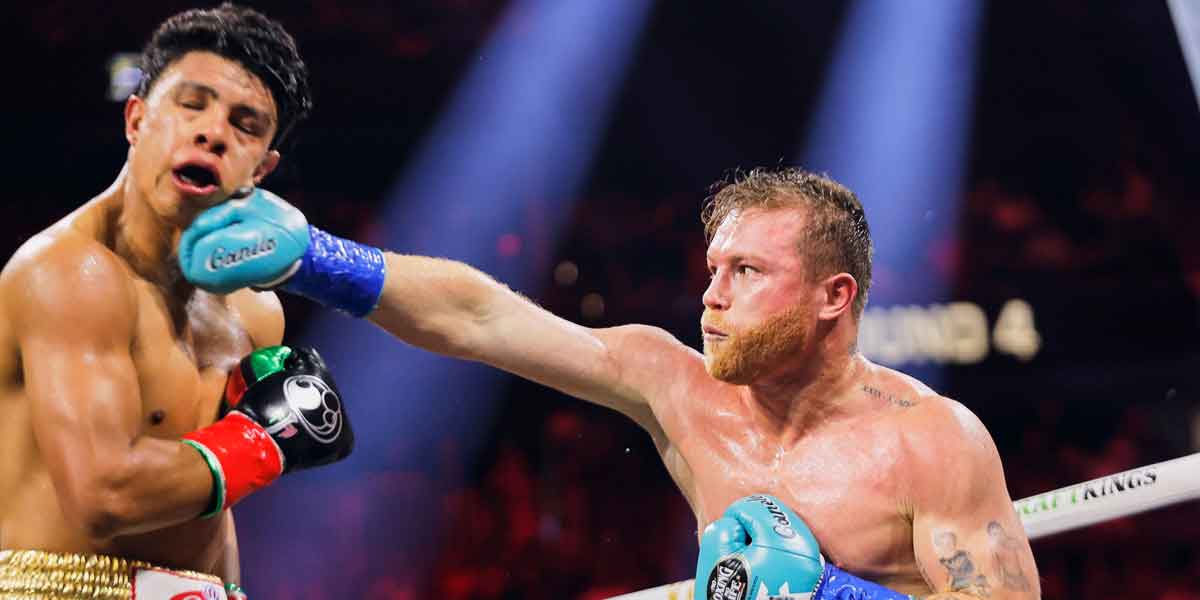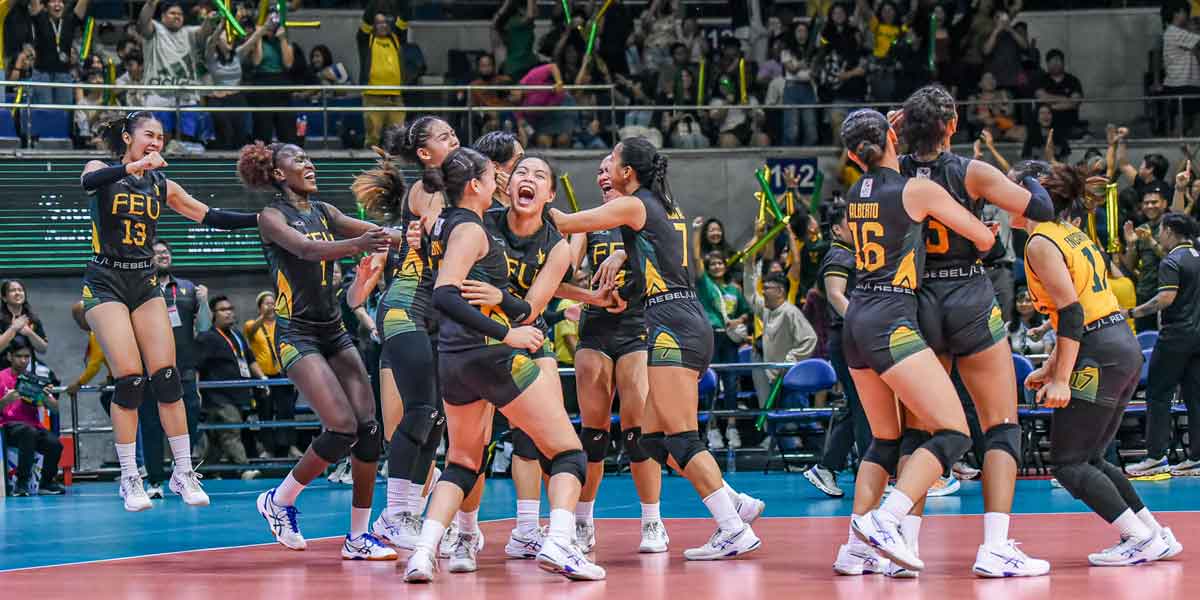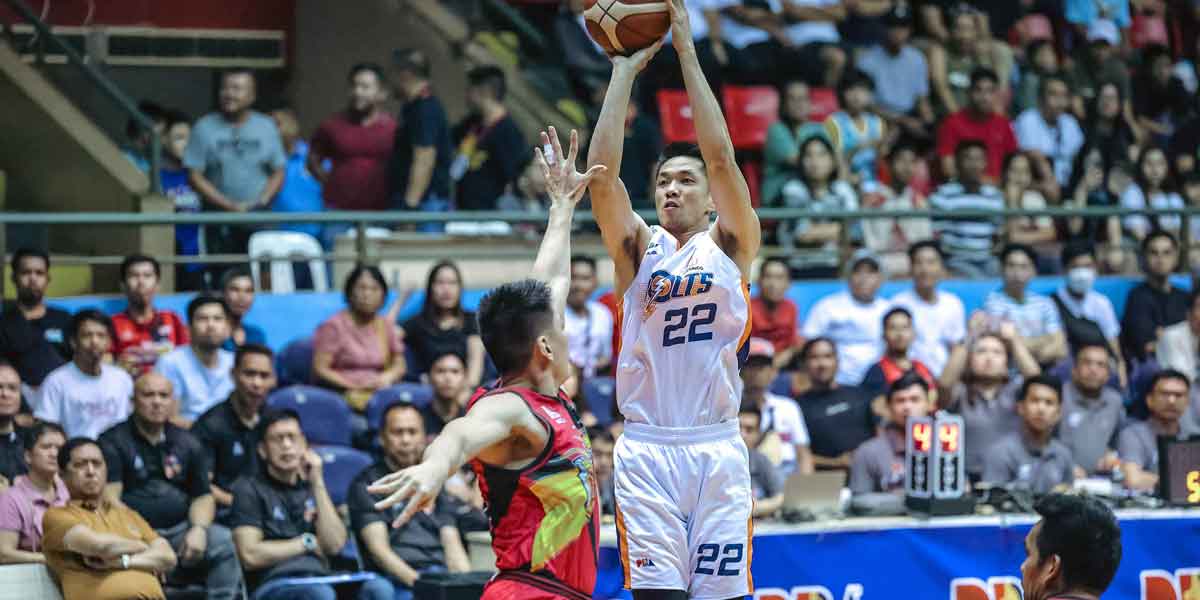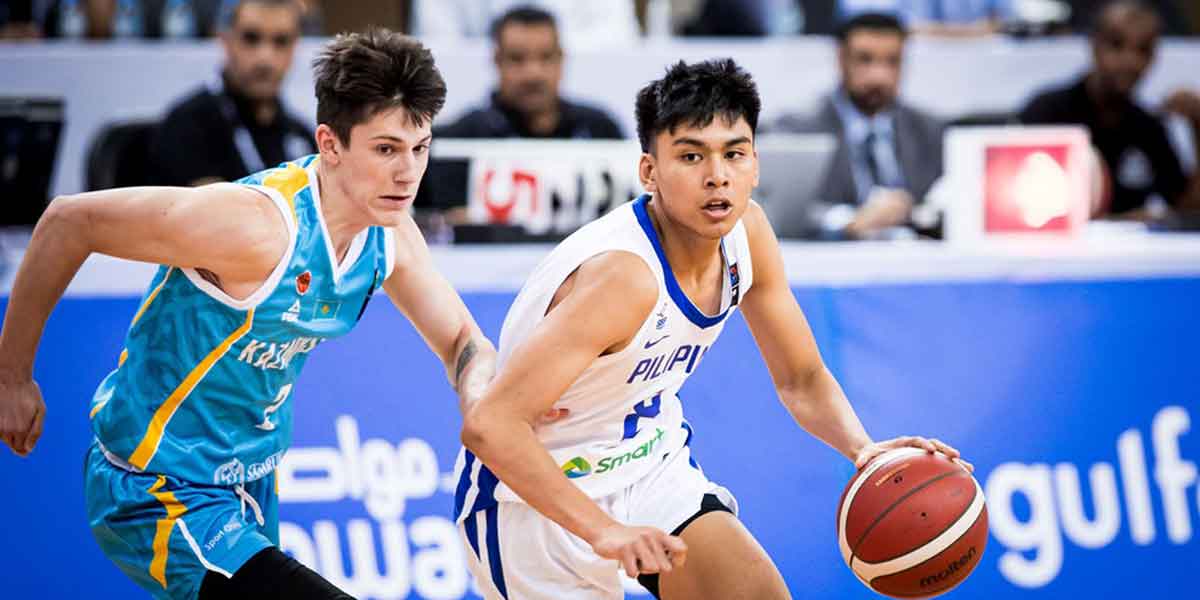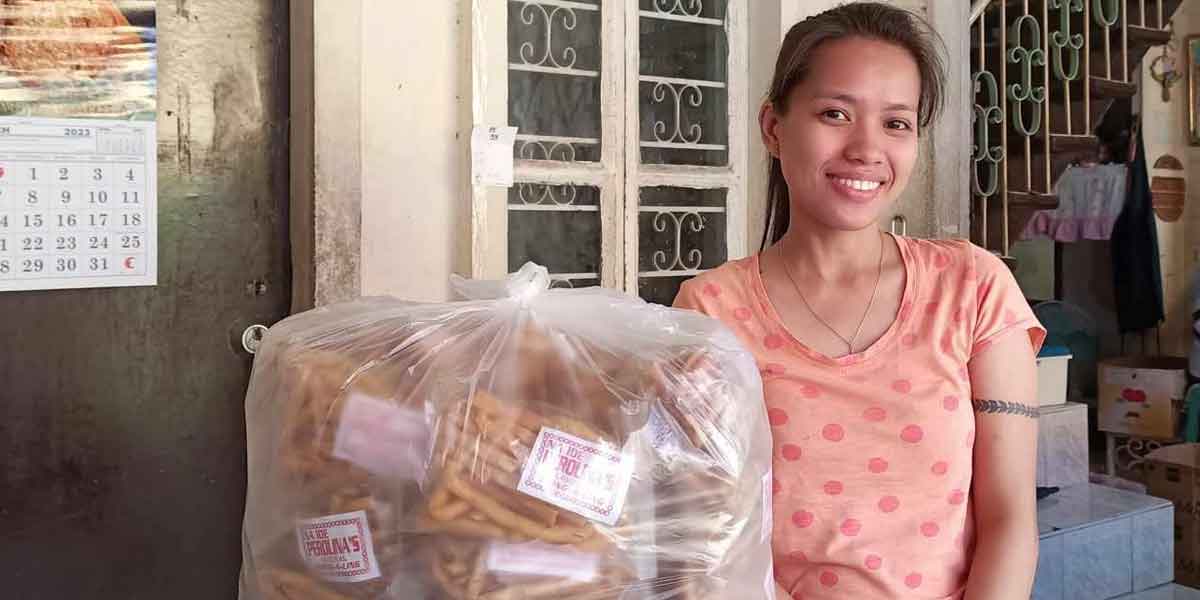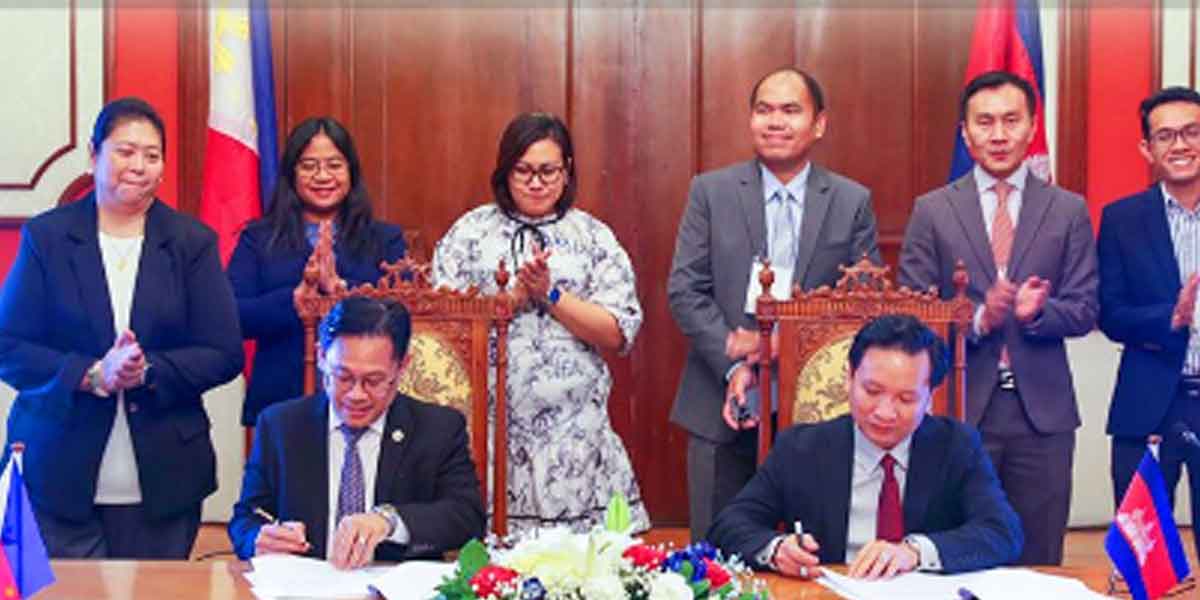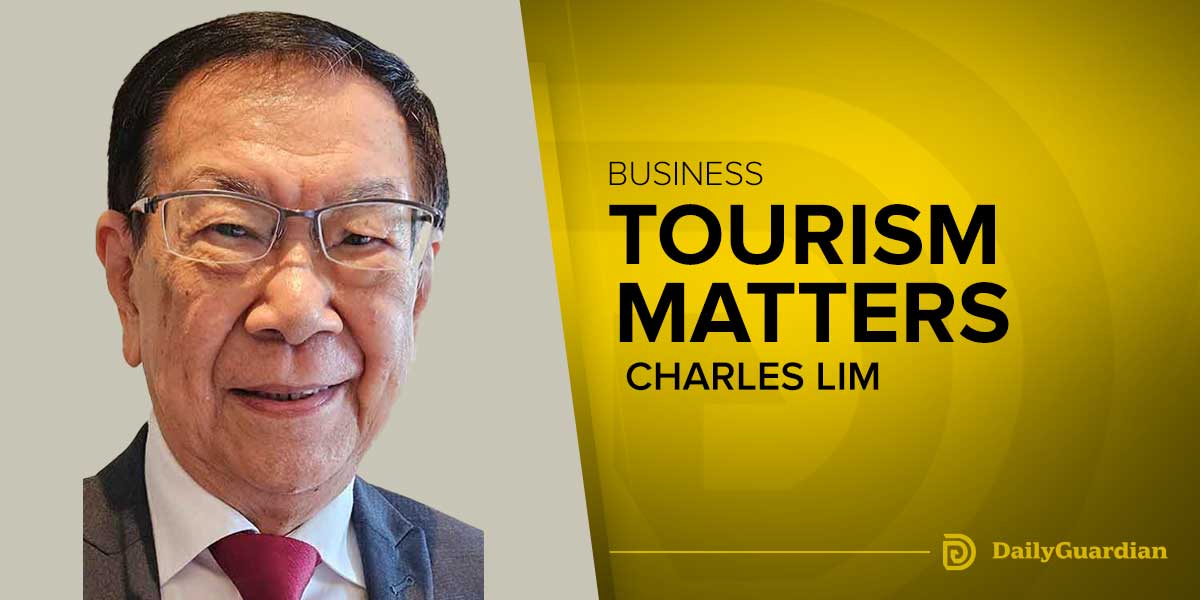By Herbert Vego
THIS WEEK’S thought-provoking news from Malacañang amplifies the online meeting between President Rodrigo Duterte and Chinese President Xi Jinping scheduled on April 8.
What for? For a favor from the Chinese dictator whom he flaunts as a “dear friend”?
The Department of Foreign Affairs (DFA) may see the meeting as Xi’s reaction to its series of half-hearted diplomatic protests over the persistent intrusion of the China Coast Guard into Philippine territories, particularly Scarborough Shoal (also known as Panatag or Bajo de Masinloc).
The Scarborough – renamed Huangyan Dao by China — is the largest atoll in the West Philippine Sea, located some 220 kilometers off Zambales.
With Duterte claiming that it was Xi who had asked for the virtual meeting, does he expect China to bend to DFA’s supplication.
Of course not in the wake of his silence over the warning made by Chinese Foreign Ministry spokesperson Wang Wenbin against the Philippine Coast Guard’s “interference” with the patrol of the China Coast Guard in “China’s inherent territory,” referring to Scarborough Shoal.
In fact, China seized control of the shoal in 2012 yet and refused to back out even when in 2016 the United Nations’ Permanent Court or Arbitration at The Hague invalidated China’s territorial claims demarcated by its “nine-dash line”.
This corner therefore doubts whether Xi, who is also the leader of the Chinese Communist Party, would soften on his nation’s occupation of the Scarborough Shoal and the Spratly Islands. Why would he when Duterte himself had even joked about the Philippines becoming a “province” of China?
To China, the “clear and present danger” to its forces — including Chinese fishermen on fishing boats – comes from the Americans who are determined to shoo the Chinese military and fishermen away and to keep the South China Sea open to international navigation.
Right now, some 5,000-plus American and 3,000-plus Filipino marines are engaged in the Balikatan military exercises – a component of the Visiting Forces Agreement (VFA) — in Palawan and along Luzon provinces facing the Scarborough and other disputed territories. In the agenda are live-fire maneuvers, aircraft assaults, urban warfare, and beach landings.
Duterte had threatened to cancel the VFA but failed. With Duterte’s impending exit, the pro-U.S. orientation of the Philippine military is bound to prevail.
Hence, it is more likely that while the Xi-Duterte powwow would involve matters of joint interest fit for media dissemination, it would also encompass off-the-record “whispers” on developments pertaining to the Philippine presidential election on May 9.
For sure, Xi would not want a new President who is “unlike” Duterte. He prefers anybody but Vice President Leni Robredo who, in a speech before the Rotary Club of Manila, asserted, “For China, we will collaborate with them in the areas that we have no conflict, such as trade and investments, much like what Vietnam has been doing. But when it comes to the West Philippine Sea, we cannot deal with them without their recognition of the arbitral ruling.”
Presidential candidate Ferdinand “Bongbong” Marcos Jr., on the other hand, has been very vague but obviously pro-China on the arbitration win of the Philippines – no thanks to his “allergy” to debates.
“That arbitration is no longer an arbitration if there’s only one party,” he vaguely told TV host Boy Abunda in Filipino, referring to China’s non-participation in the arbitration case. “So, it’s no longer available to us.”
Duterte used to call Marcos – a former congressman and senator – a “weak leader,” only to eventually announce he is “neutral”. Still it does not square with the fact that Marcos’ running mate for vice-president is his daughter Sara.
So, could China be considered an interested party in surveys where Marcos leads the pack of 10 runners? The pollsters are unanimous in rating him and Sara “No. 1”.
If it were true that Marcos is assured of 55 to 61 percent of the votes, even if eight candidates withdraw in favor of Robredo – pity on her for scoring 19% at most – then she is “doomed” to lose.
Sad to say, even the mainstream media outlets resonate the foolish “advertorial” that the percentages as published and aired mirror the nationwide trend. How could a mere 1,200 to 2,500 face-to-face but unidentified responders set the trend among 67 million registered voters? The nerve! Improbable!
Assuming you believe in surveys, have you or your friends and relatives been approached by any of the SWS, Pulse Asia (jokingly called “False Asia”), Octa Research, Laylo Research, and Publicus? No? If so, you are no more than a victim of mind-conditioning.
Indeed, how could these commissioned surveys brush aside the tens of thousands of warm bodies drawn into each Leni-Kiko campaign rally?
Skeptics view the surveys as “guide” for the Smartmatic and the Commission on Elections (Comelec) “magicians” to abide by. Take note that the dispatch of Smartmatic vote-counting machines and other election system supplies to polling centers was awarded by Comelec to F2 Logistics, which is owned by Dennis Uy, a Duterte “friend”. All incumbent Comelec commissioners are Duterte appointees, including Marcos’ lawyer George Garcia.
Uncle Sam appears to be shaking his head. There is more than meets the eye to the roundtable discussion in Manila between journalists (including foreign correspondents) and Derek Chollet, a US State Department counselor who told them, “We are watching the election closely because we care about democracy in the Philippines.”
‘Yon ‘yon eh!









